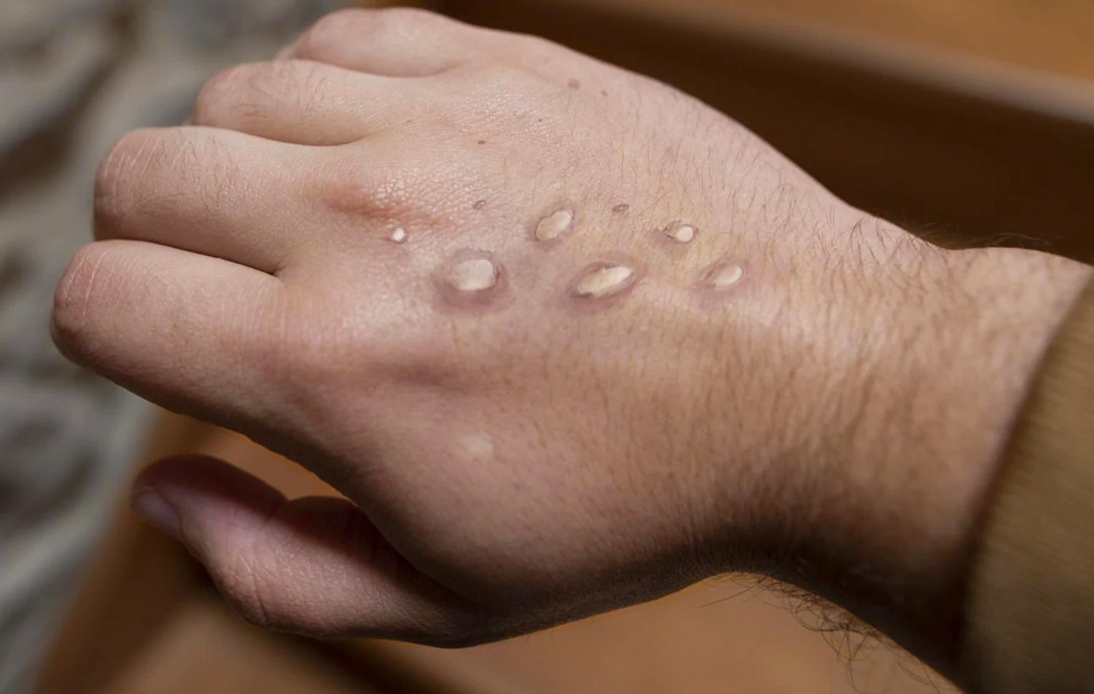
Thailand has raised the alert level for monkeypox, classifying it as a communicable disease that requires close surveillance, health authorities said yesterday.
The Public Health Ministry stated that the country had not detected a single monkeypox case, but its academic committee decided to raise screening measures to avoid spreading the viral disease.
Dr. Chakrarat Pittayawonganon, director of the Department of Disease Control (DDC)’s Bureau of Epidemiology, explained that monkeypox has yet to be classified as a dangerous communicable disease like Covid-19 since it is less transmissible than the coronavirus that caused the pandemic and Thailand has never recorded any cases.
While most people who catch monkeypox do not require medical intervention and recover quickly, some at-risk groups, such as immunocompromised children, can develop severe symptoms, Dr. Chakrarat added.
Such symptoms can be severe infections in the brain, lungs, bloodstream, and corneas.
According to the World Health Organization (WHO), the monkeypox virus can be classified into the West African and the Central African strains.
The Central African clade is considerably more deadly, with a mortality rate of 10%. However, experts claim that the West African clade has a mortality rate of 1% and is the one causing international infections.
The latest WHO report shows that 19 countries have logged 131 confirmed monkeypox cases and 106 suspected cases in total.
Professor Dr. Wasun Chantratita, head of the Center for Medical Genomics at Mahidol University’s Faculty of Medicine at Ramathibodi Hospital, said the center has started developing the first test kit for monkeypox based on genetic information sequenced from specimens found in infected patients from Belgium and Portugal.
The test kit is expected to be available in two weeks. In the meantime, people can undergo a polymerase chain reaction (PCR) test, he stated.
Dr. Wasun also called on health authorities to implement strict controls on travelers coming to Thailand from high-risk areas such as Africa or Southern Europe and to test animals brought from Africa, especially rodents.
Meanwhile, the government screens international arrivals through the Thailand Pass system and warns people against smuggling animals to avoid spreading the virus.




















